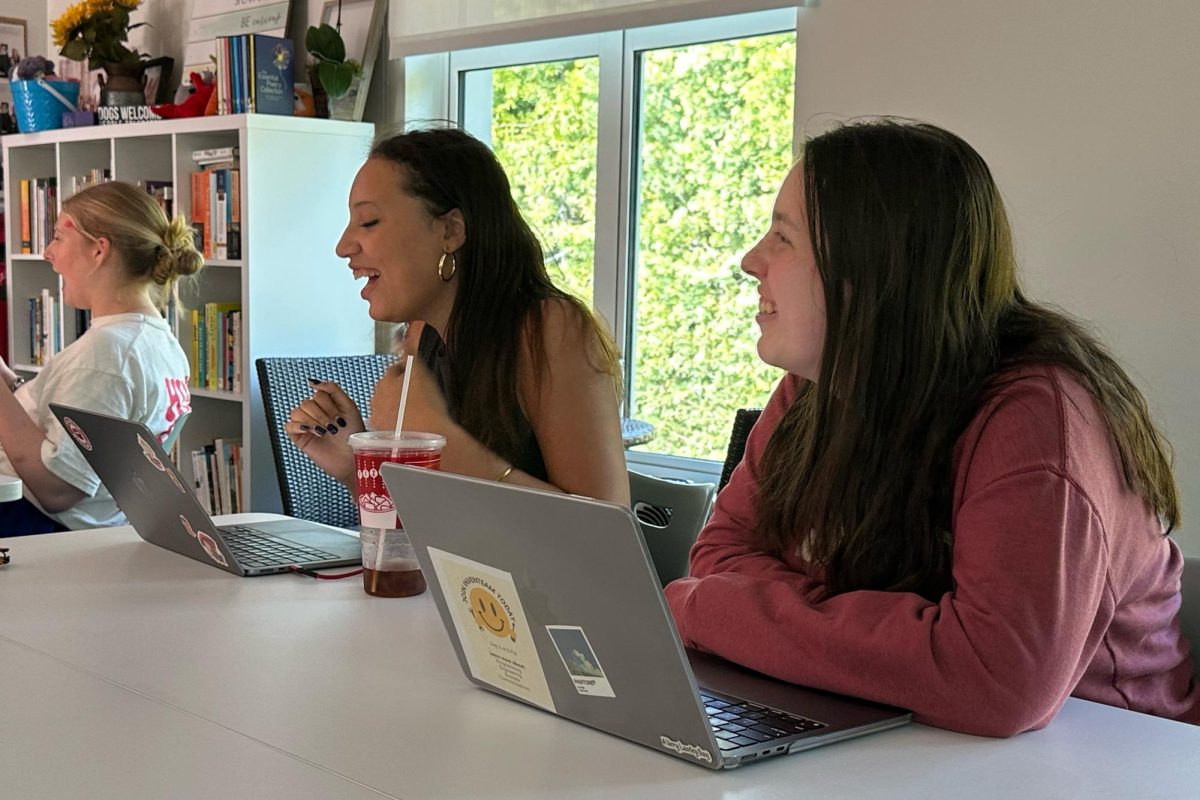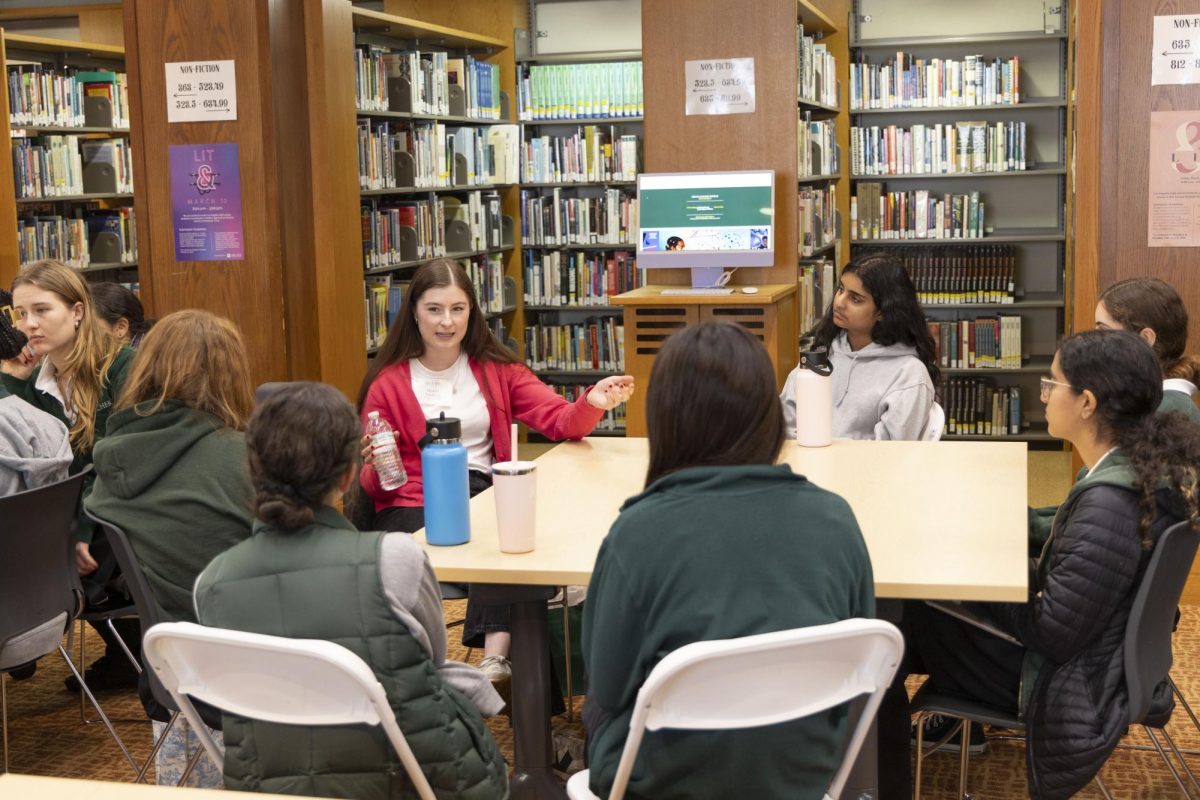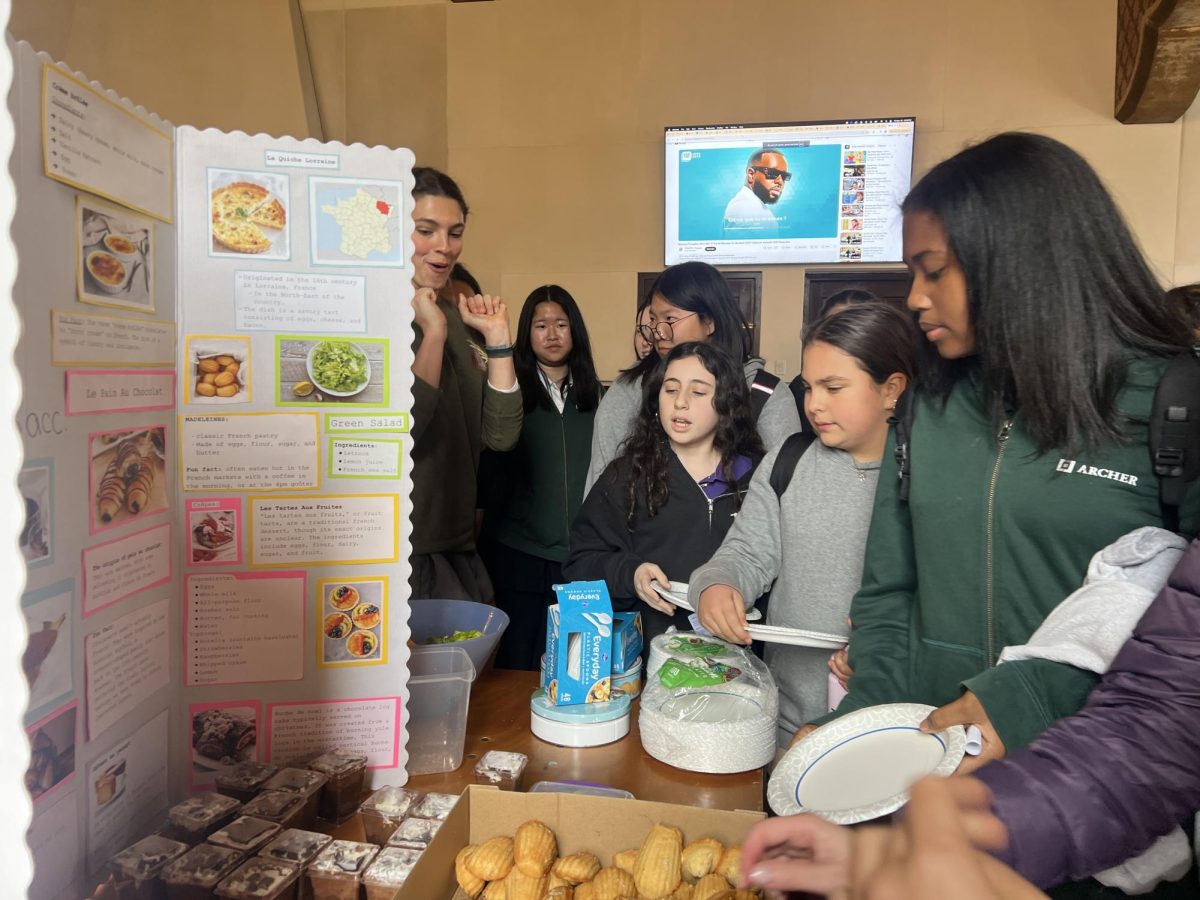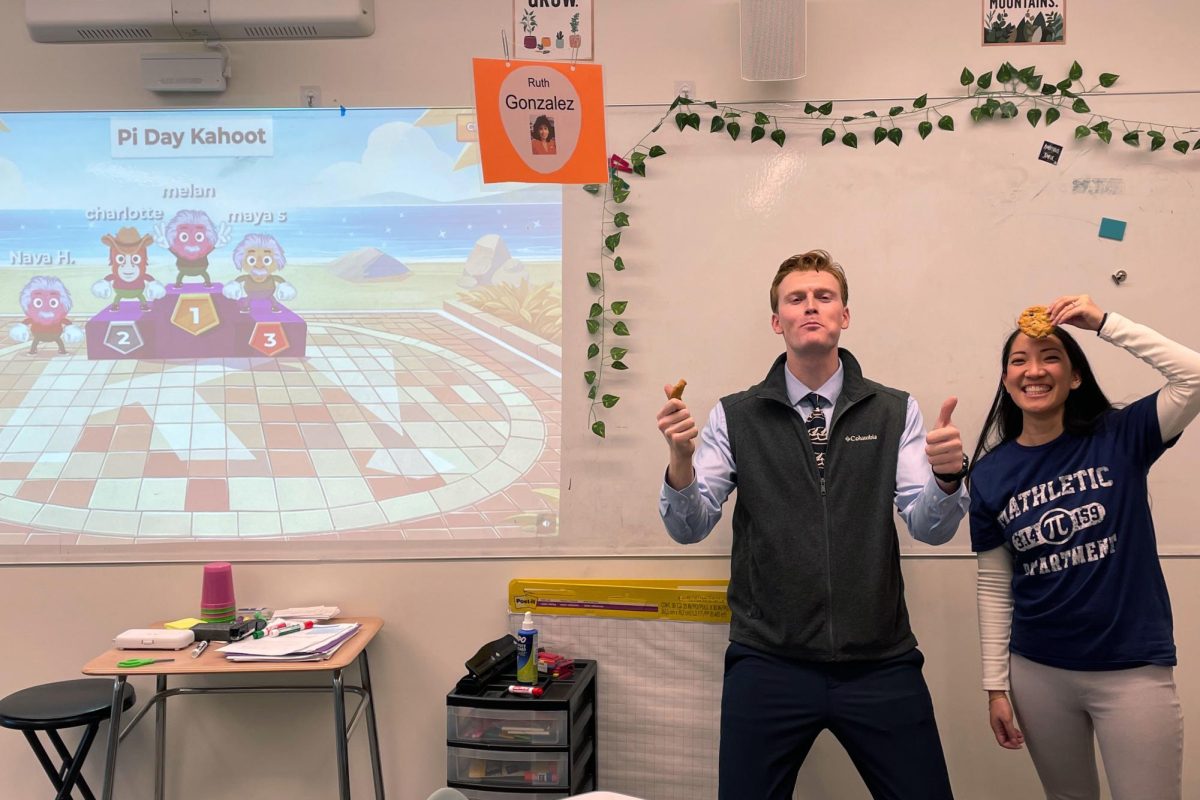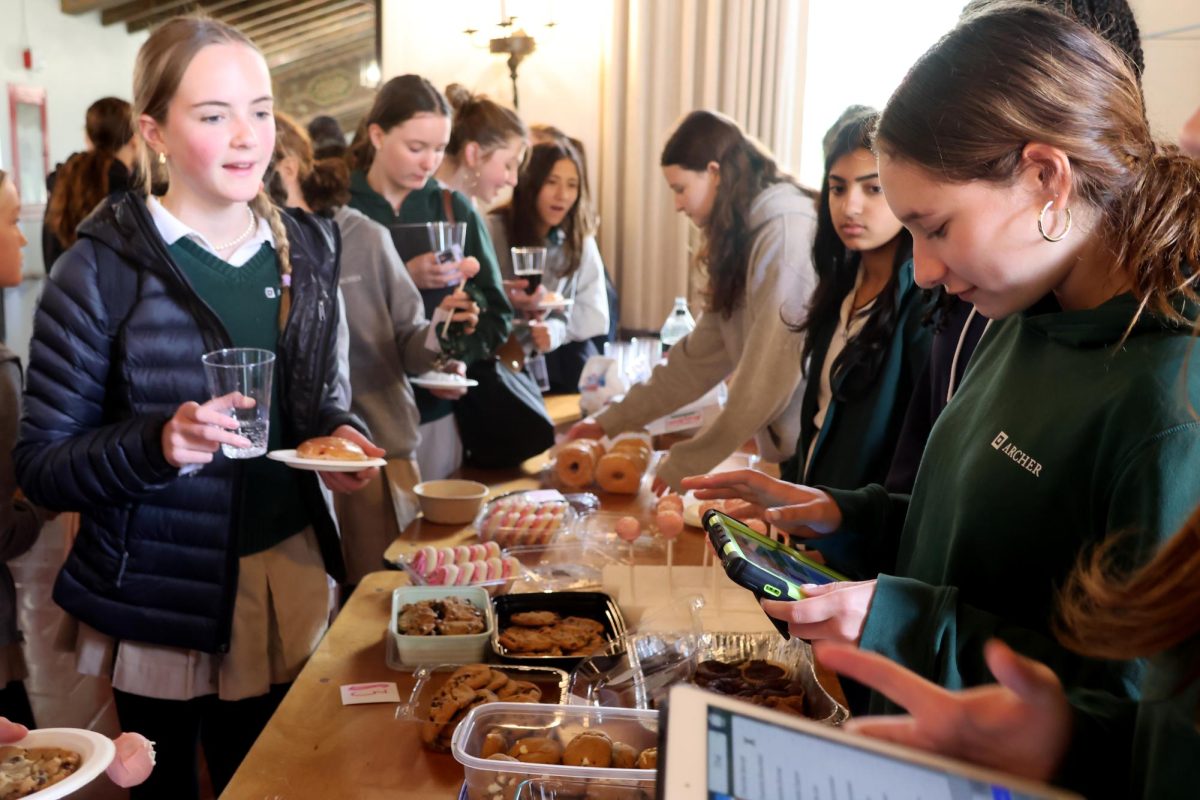Imagine this: you’re in a room filled with your classmates, about to get up and recite a two-minute monologue about a personal life experience. Maybe you are on the edge of your seat, eager to get up and share with the class, or maybe your palms are sweating — you’ve been running it over in your head, and you’re not quite sure how your classmates will react.
This might not sound like a typical high school classroom experience; however, it is a rite of passage for each junior class.
Junior English students recited personal monologues to their classmates from Feb. 17-21. In early February, English teachers Brian Wogensen and Kathleen Keelty introduced the assignment as students read Tenessee Williams’ “A Streetcar Named Desire.”
The guidelines were simple: Monologues had to be between 2-4 minutes when performed, and students had approximately a week to write them. They could explore the following questions: When are we ourselves, and when do we perform ourselves? What is the contrast between what one presents to the world and what is really going on? How much of life consists of performance? Can people ever truly be themselves, or are they constantly playing a role influenced by societal or cultural expectations?
The students weren’t obligated to answer the questions directly, but they were asked to write about a personal experience. Wogensen introduced the assignment in 2018 to hone in on the creative writing in Williams’ play.
“I think one of the advantages of the assignment is how it offers students the agency to write about myriad things, but still based on the concept of performance and facades,” Wogensen wrote in an email. “Students often take this opportunity to write about a facet of their identity or their place in the world, and this, I think, garners such authentic, committed writing.”
Through reading “A Streetcar Named Desire,” students examined how one’s curated image or facade can crumble and reveal a deeper truth within them. The idea of a facade masking authenticity often resonates with students in the age of social media where people are constantly curating an image of themselves for others to see, Keelty said.
“It’s an opportunity to process all of these ways that you’re not showing the world who you are … and to [let] other people hear who you are, and it really creates a sense of community,” Keelty said. “I have found out that, every year that I’ve been here, it’s the most powerful assignment that students do. Those five minutes will tell you more about your classmates than you might have learned in the last six years.”
Though all students must write and submit their monologue, it is not mandatory for students to perform. Keelty said she has had some years where every student performs, but usually, a few students choose not to go. Junior Meadbh Brown was one of the students who chose to perform for her class.
“It was a really beautiful bonding moment, and I learned so much about my class,” Brown said. “People cried while reading, and people cried while listening to others. Mine wasn’t super emotional, but it was still a beautiful experience to have with my class.”
Students were given the choice to perform their monologues standing up inside the circle of desks or from their seats. Keelty said she was impressed by the students who chose to share as she recognizes it is not an easy feat. She said she also understands and respects why some students don’t want to share, such as Evan Weingarten (’26).
“I appreciate the people who did share, and theirs were so beautiful,” Weingarten said. “For me, personally, I wrote about something in my personal life that I didn’t want to share with the class, but it was a good experience to write it and express how I felt, even if I didn’t perform.”
The English 11 curriculum encourages students to find their authentic voice when writing. Keelty said by the end of each year, her goal is to be able to pick up any piece of writing and identify the student who wrote it.
“This assignment doesn’t just give you the opportunity, it forces you to write your voice because it’s so personal,” Keelty said. “So, I do think that it has a great impact on somebody’s ability to write because then what they’ll write beyond today will be much more of a reflection of who they are, and you can’t beat that as a writer.”
Keelty often thinks she has an idea about which students will perform their monologue and which might be more hesitant, yet every year she is surprised by the amount of students who have the courage to perform for the class.
“Every year, it shows me that I don’t know my students as well as I think I do,” Keelty said, “and that some kids are willing to push themselves further than I might want to push them.”



